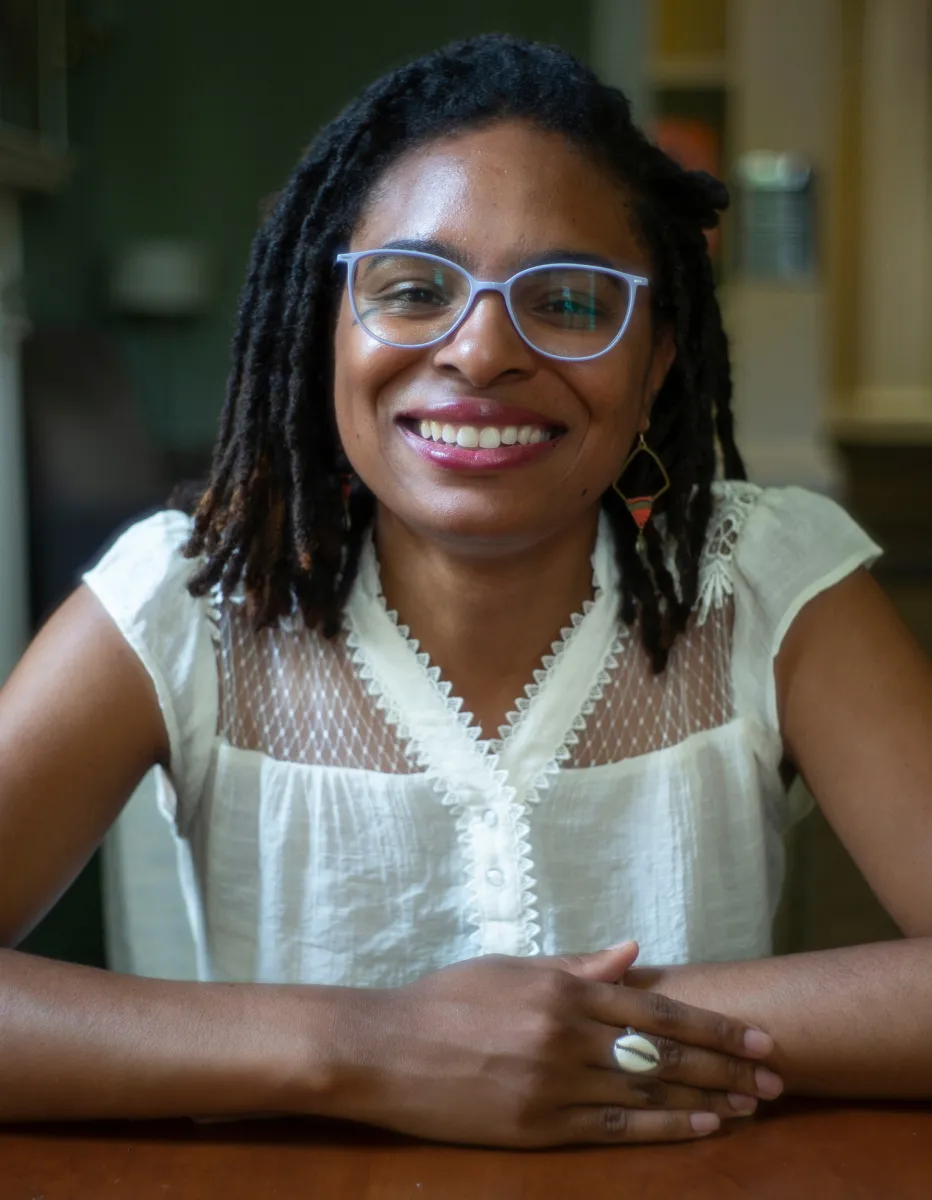My Swat Story: Assistant Professor of Linguistics Jamie Thomas

Jamie Thomas
Assistant Professor of Linguistics
She Wants to Take Learning Outside the Classroom
“It’s a very unique opportunity to be able to get students out there. We had the chance to get a National Science Foundation grant in the linguistics department that has enabled a field school in the summer to take students to faraway destinations: Mexico, Micronesia, and also the Navajo Nation.
These journeys were truly fantastic because there’s only so much you can do inside the four walls of a classroom and so to have students connect with real people and practice on us, too, and say, ‘How do I explain what my research is to somebody who doesn’t yet know the project?’ ‘How do I use equipment, and how do I troubleshoot in conditions more humid than a Philadelphia summer?’”
Zombies Fascinate Her
“In my recent seminar, we were talking about how zombies in the Resident Evil 5 video game come across for gamers who have very little contact with the African continent and very little personal knowledge of the Swahili language, even as these are zombies that are speaking Swahili to them, giving them directions. Within my view, there has to be something deeper about this zombie thing, and about language as a representational tool.
“Bringing these observations together, I am starting to examine how language feeds our ideas of race and gender, and is integral to how we represent and talk about ourselves. And so, thinking about zombies and how popular they are in the United States and around the world, we should be asking, 'Why is this happening? Why are zombies often represented on racial and gendered terms? And what does it tell us about how we value life?!'”
She Believes in the Value of Failure
“Having this past year served as the faculty convener of our interdisciplinary campus speaker series on the theme of "research fails," I have been reflecting extensively on the notions of success and failure as they relate to the process of research. I think that many of us experience fails, but do not regard these as failure, because we understand it as a necessary part of the process. I think throughout our lives we come through trial and error. A really great example is language learning, and that’s one of the things I pay attention to; how so much of the way that we learn language as a small child or adult is about experimenting with sounds and words. In all of our trial and error, we try to create something new that has meaning for the people around us.
“Failure and rejection go hand in hand, and I think as you gain more life experience, you have to kind of figure out a way to see this as something that can be learned from and appreciated.”



